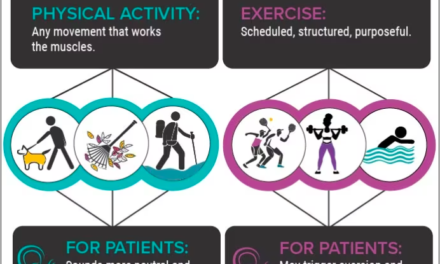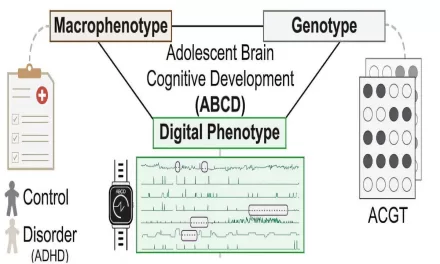Seeking mental health support is a crucial step, but for many, the first session often feels more like an administrative process than actual therapy. Studies indicate that a significant number of individuals either discontinue therapy after the initial session or never return for a second visit. Addressing this concern, researchers have explored the potential of single-session interventions (SSIs) to improve mental health outcomes and enhance engagement in therapy.
The Power of a Single Session
Jessica Schleider, an associate professor of medical social sciences in the divisions of intervention science and implementation science, highlights a critical issue: “The most common number of sessions people access is one. If a therapist is spending their first session exclusively diagnosing a patient, they lose the opportunity to provide immediate support.”
A groundbreaking review led by Schleider and her team at Northwestern Medicine has confirmed that SSIs can significantly benefit mental health in both youth and adults. Unlike conventional therapy, which emphasizes long-term engagement, SSIs are structured to deliver meaningful support in a single meeting, recognizing that many patients may not return for follow-ups.
Findings and Impact
The study analyzed 24 systematic reviews encompassing 415 clinical trials. Results showed that 83% of the studies reported positive effects of SSIs on issues such as anxiety, depression, substance use, and treatment engagement. The findings, published in the Annual Review of Clinical Psychology, reinforce the effectiveness of SSIs as a viable mental health intervention.
Schleider’s Lab for Scalable Mental Health at Northwestern has developed four digital SSIs under the initiative Project Yes! These 15-minute interventions, available in nine languages, focus on key areas such as self-compassion, empowerment, proactive action, and coping with minority stress.
A Complementary Approach
While SSIs are not intended to replace traditional therapy, Schleider believes they serve as an essential complement to existing mental health services. She emphasizes that these interventions can bridge critical gaps in mental health care by providing immediate and accessible support where conventional therapy may fall short.
A prior meta-analysis conducted by Schleider examined data from 50 randomized-controlled trials involving 10,000 young participants. The findings indicated that SSIs led to notable reductions in depression and anxiety, challenging the conventional belief that effective therapy must always be long-term.
Future Directions and Policy Implications
Encouraged by these promising results, Schleider’s team conducted an umbrella review to evaluate whether SSIs not only alleviate mental health problems but also encourage continued engagement in mental health services. She hopes that these findings will lead to policy advancements, including the introduction of new reimbursement codes, allowing clinics to integrate SSIs into their services while maintaining financial sustainability.
“We aim to ensure that SSIs become a core part of mental health care, making support more accessible and flexible for those who need it most,” Schleider stated.
Co-authors of the study include Juan Zapata and Erica Szkody, both research assistant professors of medical social sciences at Northwestern.
Disclaimer: This article is for informational purposes only and does not constitute medical advice. Individuals seeking mental health support should consult a licensed professional.












